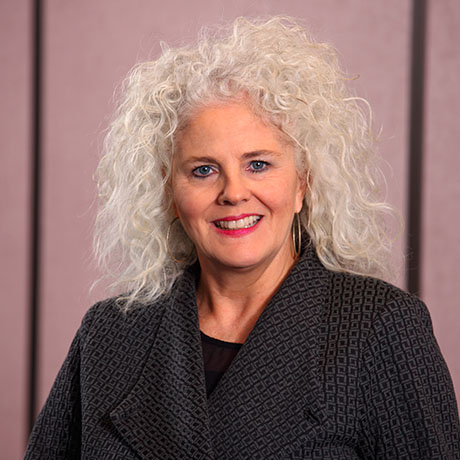Why Practices Don’t Sell
By Megan 

Your practice has successfully worked for you for many years so why isn’t it selling? It could be the transition consultant (broker) you are using, or it could be your practice.
Working with an experienced transition consultant is important. We know where and how to advertise. It doesn’t work to simply advertise on a website. You will want marketing and advertising in schools across the country, dental journals, and county/state societies. An experienced consultant already has a list of potential buyers for your area or type and may have other creative grassroots ideas to find the right buyer.
The right consultant cares about you, your team, practice, and goals. It shouldn’t be just about the commission money. Your consultant should be responsive and professional to potential buyers and you.
A comprehensive valuation and prospectus are important. If you or your consultant price your practice too high, it can be offensive to potential buyers, and they won’t feel comfortable offering a lower price. Even if you find a buyer willing to overpay for your practice, the bank will not finance 100%, which means you have to become a bank for a specific amount of the purchase price.
Sometimes even when you have the right consultant your practice may have other reasons for not selling. Sometimes it’s simply not finding the right dentist at the right time. Often it is because your location is not desirable to new buyers and their families. Sometimes it’s the size of the practice. We all know 3 op practices can be very efficient and profitable, but many buyers want 4 to 6 ops, especially to add more hygiene.
Declining collections the last 3 years or simply low collections can be a deterrent to potential buyers and banks unless you have a reason. They understand more time off due to vacation or health issues. Low new patient count, too many PPOs with low reimbursement, and low hygiene production can be concerning to buyers.
Most buyers understand they may need to update style or equipment and technology, but if it’s a lot of cost and effort, they may keep looking for a better practice.
If your practice falls into any of these areas of concern, it will take more time than the average to sell. Lowering the price may help, but if there is no interest, it’s not the price that’s the problem. Don’t give up or get mad, just understand that while your practice may have been perfect for you, it can be a while to find the right buyer.
